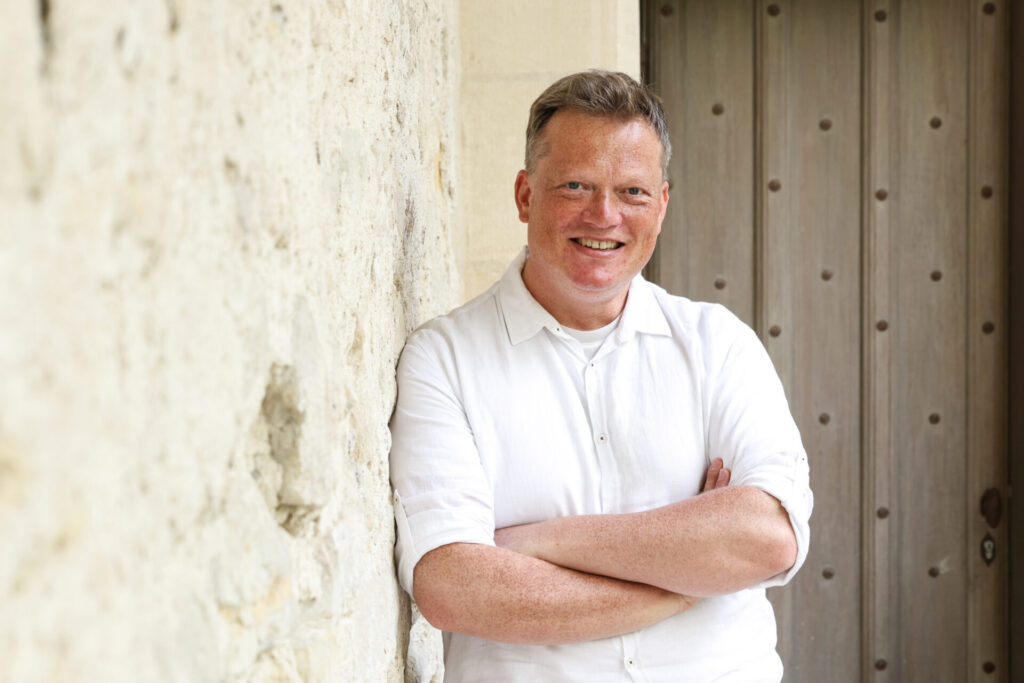Exploring expertise and knowledge exchange between academics, students and non-academic stakeholders.
Models for knowledge exchange
The aim of this project is to develop and trial models for knowledge exchange between researchers, students and non-academic partners (NGOs, industry, public administration etc.) with the view to understand the epistemic qualities (Krick 2018) of the expertise represented by the different stakeholders and the knowledge they co-create. What kind of expertise is represented through the researcher, student and stakeholders’ perspectives respectively? What kind of expertise do they co-create and what kind of expertise makes co-creation of knowledge possible?
The project will explore these questions by developing and studying the implementation of innovative models for co-creation, including a student-led interdisciplinary datathon model (Aboab et al 2016). Moreover, being embedded in a European university cooperation (Circle U.), the project seeks to assess the state-of-the art in collaborative teaching practices, such as “undergraduate research” (Page 2015) and “inquiry-based learning” (Moseley/Connolly 2021) in subjects related to the key themes of the Academic Hubs of the Circle U. project, namely democracy, climate change, global health, and governance (including political science, law, economics etc). This assessment will take the form of a systematic review and/or of a survey of academics to map the current state of collaborative teaching and research.

Circle U. – a European University
The postdoctoral fellow recruited to work on this project will work closely with the academic leaders of the Circle U. initiative at UiO and will have the opportunity to cooperate with colleagues from other European universities.
By 2025, Circle U. is an inclusive, research-intensive and interdisciplinary European university. Students, academic staff and partners from civil society, businesses and the public sector collaborate to jointly develop competencies and solutions for keeping Europe and our planet healthy, peaceful, democratic and prosperous.
Scientia Fellows
Scientia Fellows is a transnational fellowship programme (2019-2024) in the field of Health and Life Sciences. The programme focuses on excellent research, supports innovation activities, and strives to bring together academia, hospitals and industry in cross-sectoral collaboration. Scientia Fellows is announcing a fellowship within the thematic area “collaborative teaching and research” linked to the project described above. Here you can read more about the announcement . Deadline: 30th of April 2022.
Contact
Candidates who are interested in developing a project along these lines are welcome to contact professor Tobias Bach (tobias.bach@stv.uio.no) or professor Eivind Engebretsen (eivind.engebretsen@medisin.uio.no) to discuss their ideas for a proposal.
References
Aboab, J., Celi, L. A., Charlton, P., Feng, M., Ghassemi, M., Marshall, D. C., … & Stone, D. J. (2016). A “datathon” model to support cross-disciplinary collaboration. Science Translational Medicine, 8(333), 333ps8-333ps8.
Krick, E. (2018). The epistemic quality of expertise: contextualized criteria for the multi-source, negotiated policy advice of stakeholder fora. Critical Policy Studies, 12(2), 209-226.
Moseley, A., & Connolly, J. (2021). The use of inquiry-based learning in public administration education: Challenges and opportunities in the context of internationalization. Teaching Public Administration, 39(3), 270-286.
Page, E. C. (2015). Undergraduate research: an apprenticeship approach to teaching political science methods. European Political Science, 14(3), 340-354.

Leave a Reply